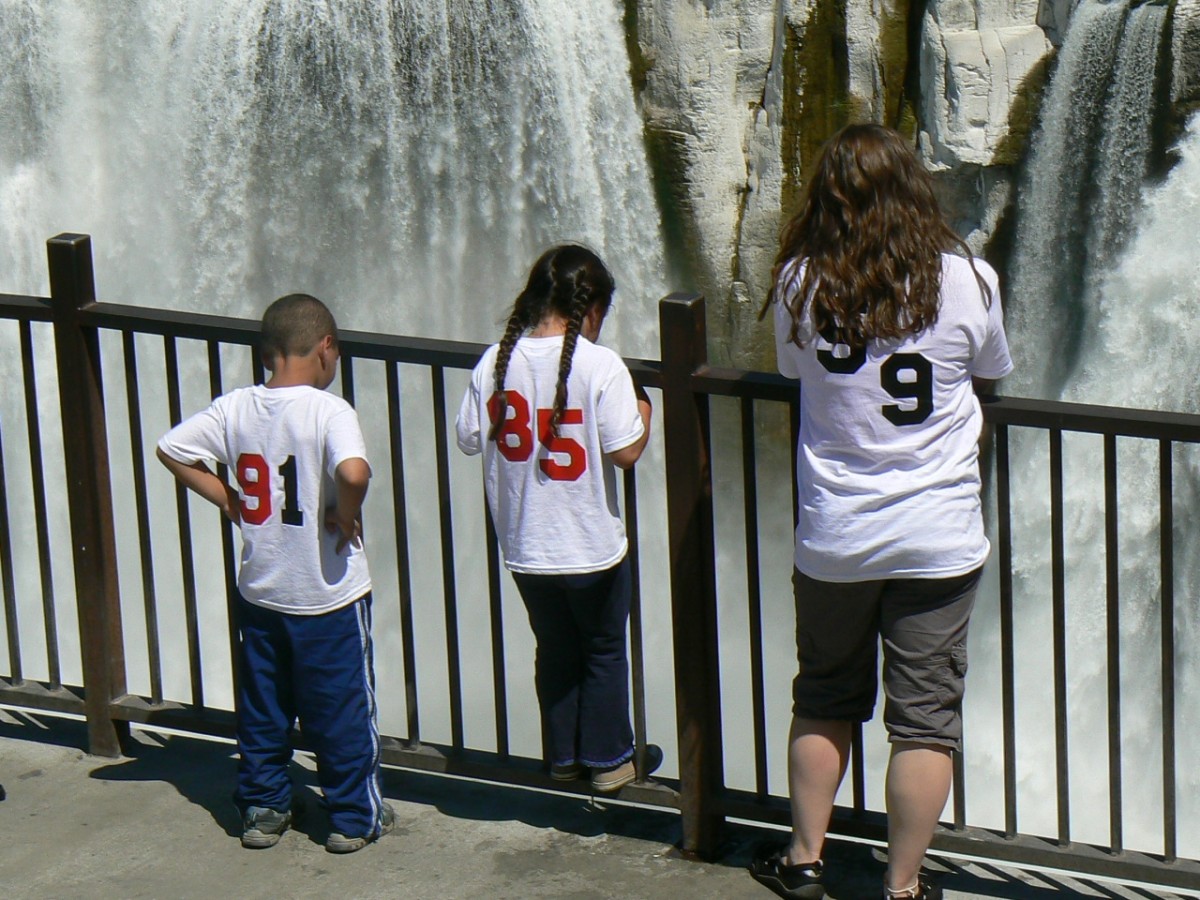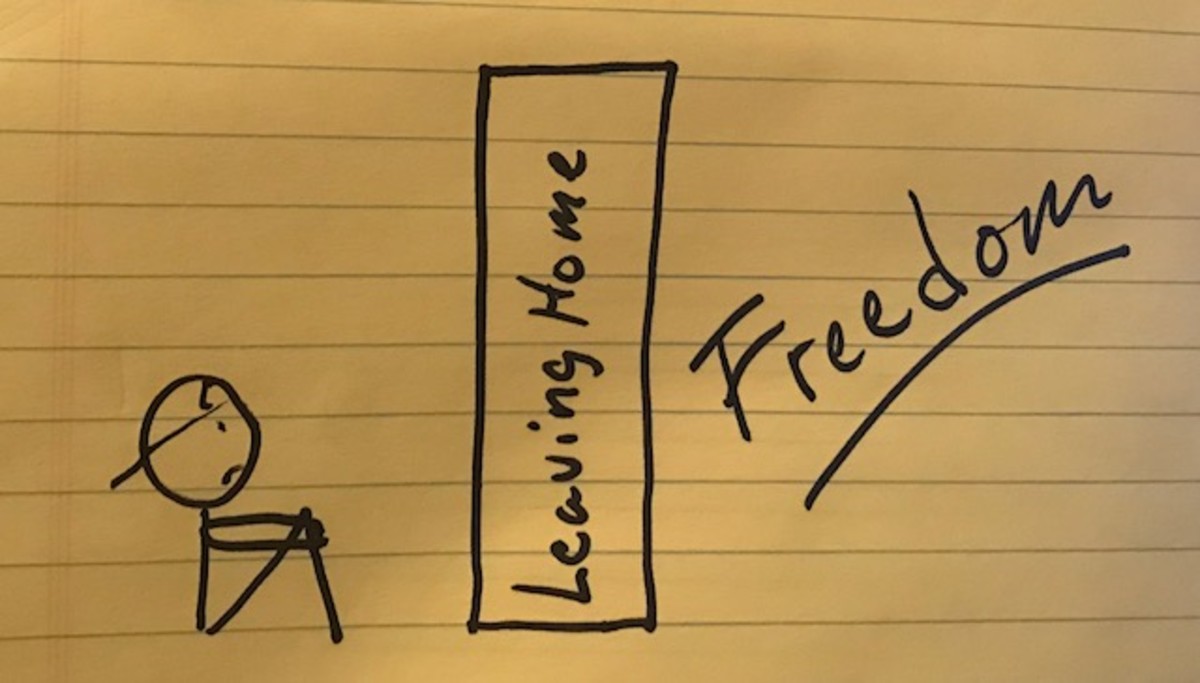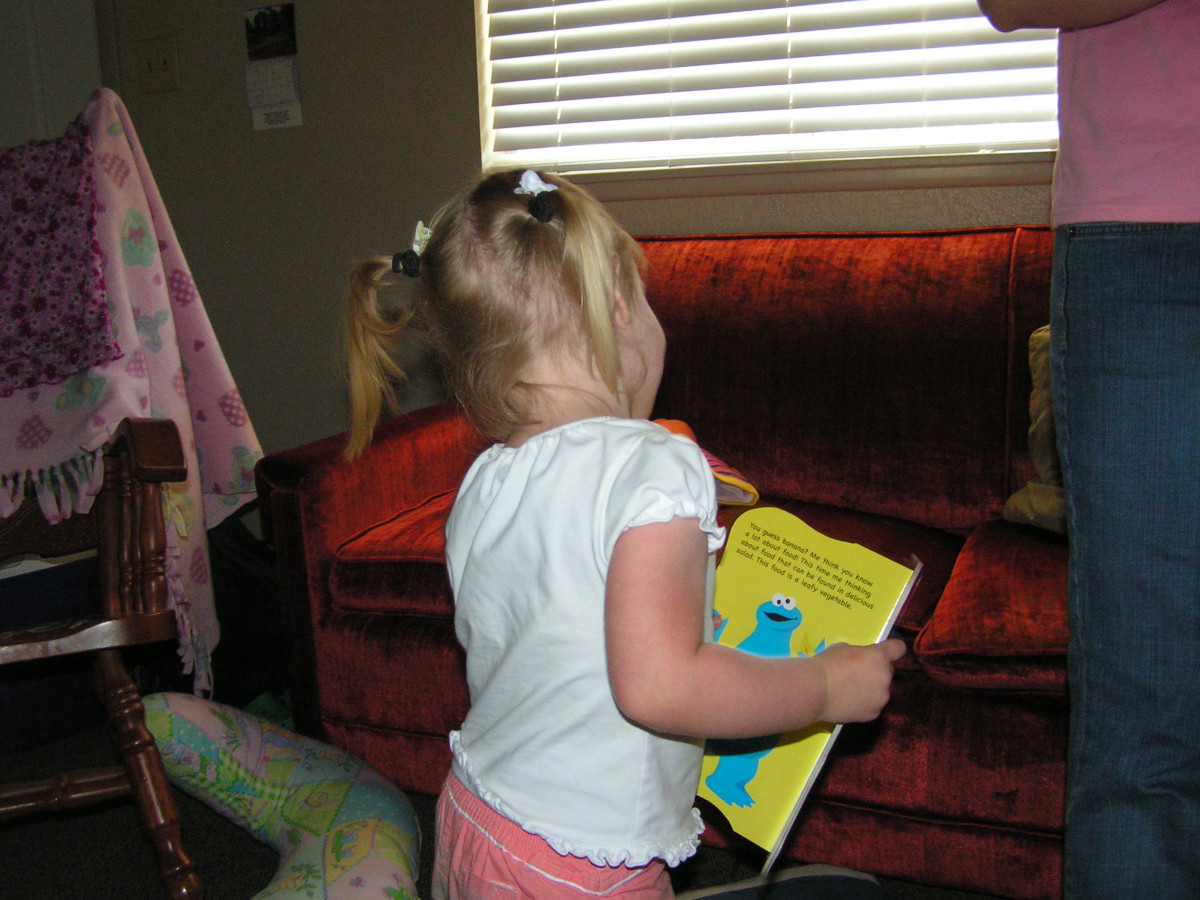How to Combat Negative Influences from Friends
How do you help your child make the right friends? What do you do when your child has a friend that your don’t approve of? How do you respond when you feel your son or daughter is being negatively influenced by someone else? It’s difficult for parents to sit by and watch the values we’ve taught our kids slip away.
There was once a time when our kids only listened to us. What mom or dad said or thought was once the most important thing that mattered to them.
One of the toughest things about parenting has been combating negative outside influences. These influences can come from a variety of sources, such as television, radio, internet, extended family, and friends at school. Our job as parents is to help our children navigate through these other influences to help them learn how to make wise choices. This is not an easy task.
As my children have gotten older, I’ve noticed these outside influences getting increasingly stronger and more difficult to combat. Their friends from school have had a much stronger impact on their behavior and their choices than I would have chosen. While my husband and I spend a lot of time working with our kids on how to handle the peer pressure, I know it’s a daily battle.
As our kids grow and begin to become more and more independent, the control that we have over their lives and choices becomes less and less. Once they are at school, out of our sight, or out of earshot, their behavior is completely up to them. Helping them make good choices in friendships goes a long way in helping them make good choices in life.

How do you help your child make the right kind of friends?
Helping your child learn to make the right friends will help them learn not to make the wrong ones. If at all possible, start this when they are young and your influence is greater. Getting them off on the right start with friendships will go a long way as they get older and more independent.
- Verbally affirm good choices. You can show them the good traits in the right friends and caution them in the negative ones. It’s a lot easier to steer them away from negative friendships when you are the one setting up the play dates.
- Teach them how to be a good friend themselves. Point out to them when they mistreat someone and help them understand how that can be hurtful. Help them understand the value of other people so that they will have an accurate perception of their own value.
- Help them become a positive influence. Teach them leadership skills such as standing up for what’s right or doing what they believe in. Show them the value of not following the crowd. Encourage them to show compassion to children who are younger, have special needs, or are in need.
- Set a good example. Choose your own friends wisely. Model respect and honesty among your peers. Don’t get caught up in drama or gossip. Let them see the benefits that valuable friendships can bring.
- Spend time with your kids. Get to know them and their interests. Understand their personalities. Talk to them about the things that are going on in their lives, at school, and with their friends.
- Get to know your kids’ friends. Invite them over for dinner. Let them hang out with you on weekends. Take them with you on family outings. Watch how they interact with your child. Talk to them about what’s going on in their lives. Ask them their opinion on certain topics.
- Get to know your kids’ friends’ parents. This is especially helpful if you’re worried about a friendship. Understanding where the friend is coming from may make a big difference in how you approach you own child with your concerns. You may find that they need some positive family influence. Perhaps your family can become a positive role model for that child.

What if I disprove of their friends?
As our kids get older and make more of their own choices, there is a very good possibility of this happening. The way we respond to this problem as parents, however, will make a big difference.
- Don’t overreact. Every child is bound to develop a friendship or two that will cause concern. Take a step back and keep an eye on the situation without saying too much too soon. By voicing your disapproval too early, you may actually push your child closer to the friend.
- Don’t tell your child that you don’t like their friend. This will only make them more defensive. I’ve learned from experience that this can backfire. Instead ask questions about why they do some of the things they do.
- Talk to your child about being a good influence on their friend. Are there ways that they can actually be helpful in the other child’s life? How can your whole family be a good influence or provide positive role models?
- Encourage your child to bring their friend around more often. It’s a little easier to keep your eye on them when they are in your own home. It’s also easier to get to know the other child. Perhaps you’ve been too quick to judge. Looks can be deceiving. By getting to know their friend a little better, you’ll be able to discern their influence more clearly.
- Realize that sometimes your child will have to learn from their mistakes. This is a really tough one for most parents. But there are times when the only way our kids will learn how to choose the right friends is by first choosing the wrong ones. Be there for them when they realize these mistakes.

What should I do if things get too bad?
If your child’s behavior is obviously being negatively influenced by their friends, they start doing poorly in school, or they start experimenting with sex, drugs, or alcohol, or they start getting into other kinds of trouble, then you will have to take action.
- You are the parent. As the parent, you do have the right to forbid them to see certain people outside of school activities. While I wouldn’t do this unless it’s absolutely necessary, there may be times when an action like this must be taken.
- Make sure clear consequences for bad decisions are set. Follow through. When it comes down to protecting our kids, we’ll have to take every precaution. Take away the cell phone, the car keys, money, and the computer. Let them know that this behavior will not be tolerated.
- Remove them from the situation. Perhaps a change in location or schools is necessary. Sometimes a little separation may be in order. For the good of your child, you may have to take some extreme measures.
- Seek help. Lean on your own friendships for support. Talk to school officials, counselors, or youth pastors. Don’t try to handle large problems like this on your own.
- Let them know that you love them. Even when they make poor choices, even when they seem to despise you, they will always be your kids. Let them know that you will always be there for them and that there is nothing that they could do to make you love them any less.
Raising kids is tough work. It is not for the faint of heart. Helping your child navigate through making their own decisions and making wise choices isn’t easy. There are times when we as parents can do everything right and they still make poor decisions. Keeping your kids in prayer and keeping the lines of communication open with them will be helpful no matter their age or circumstance.
How have you dealt with this issue with your own kids? Are there steps that you have taken or lessons that you have taught to help them choose good friends? I’d love to hear from other parents in the comment section below. If you liked this Hub, be sure to vote it up! Thanks for reading!









